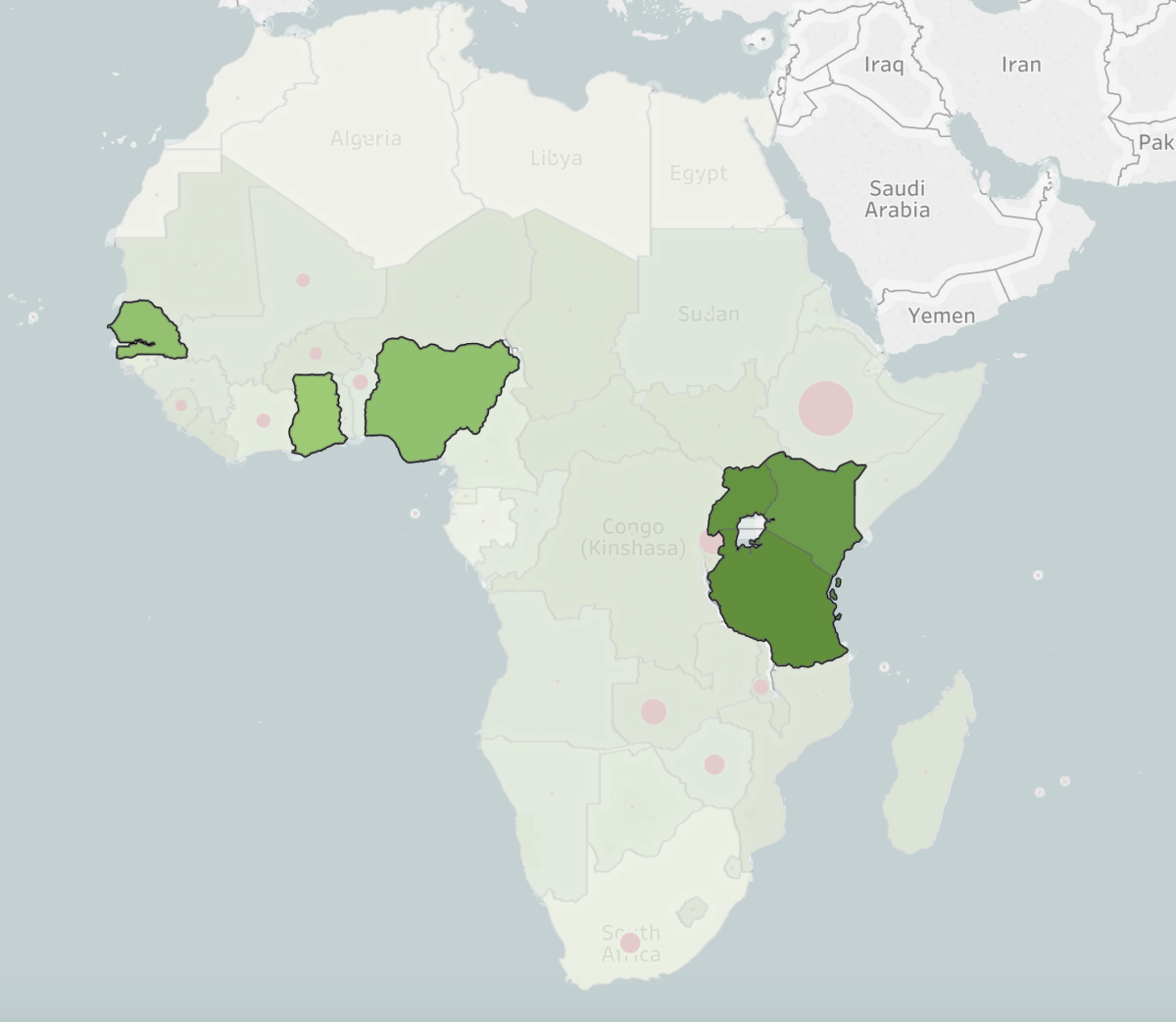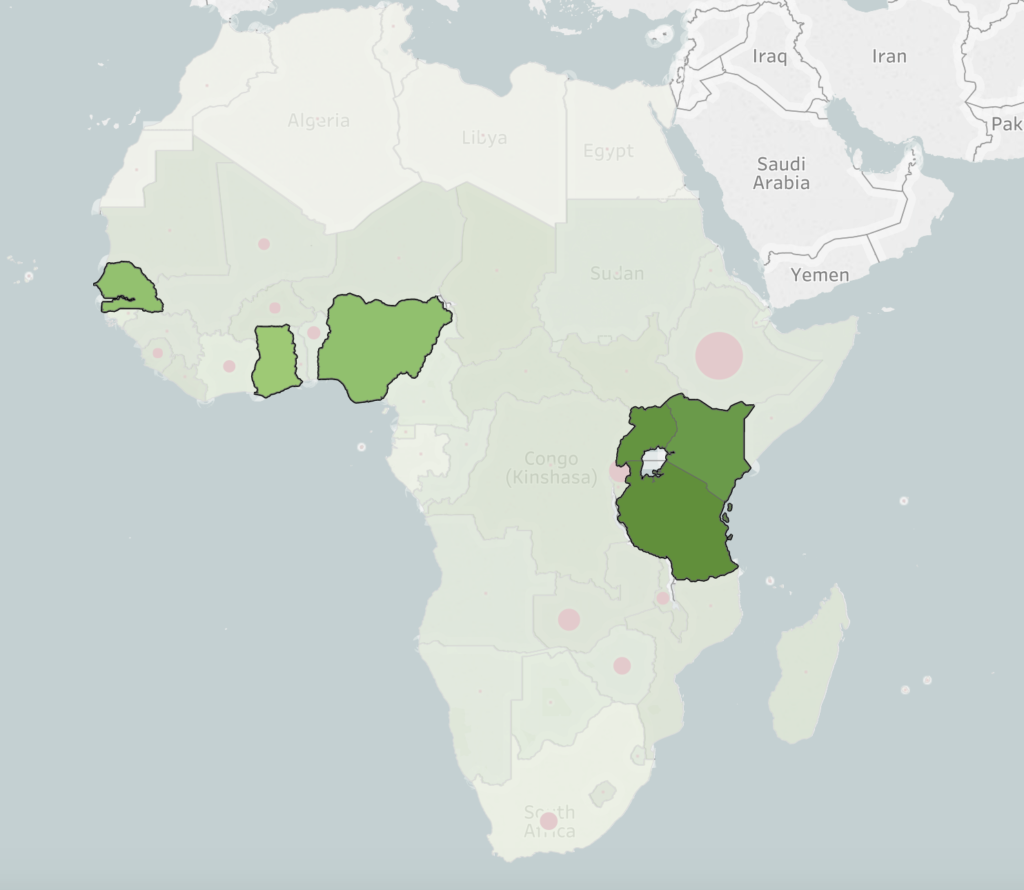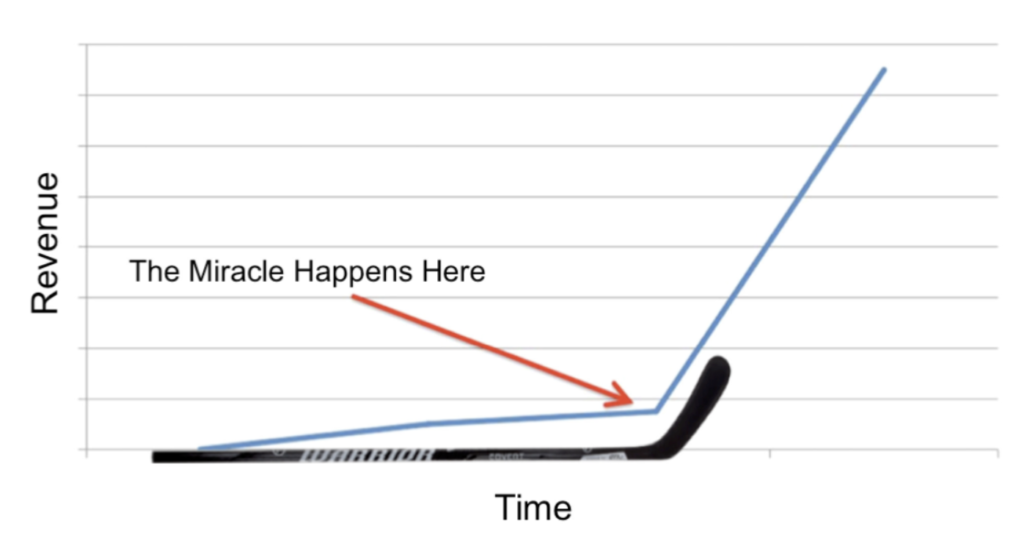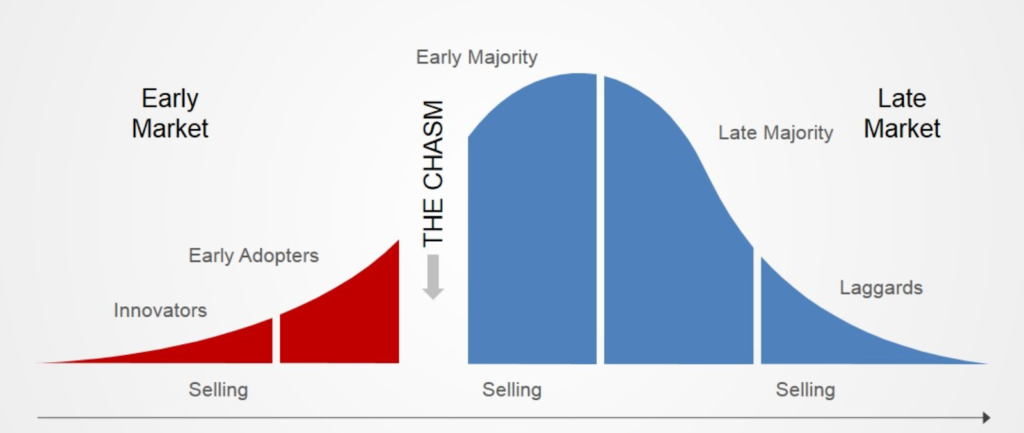Timing Isn’t Quite Right for SaaS Startups in Africa

Let me tell you how I failed to build a scalable SaaS (Software-as-a-Service) startup in Africa.
I was working for tech startups in San Francisco; having a blast, learning a lot, but not quite connecting with their core missions. They just didn’t solve meaningful problems, and god knows, there are tons of meaningful problems to solve out there. That’s why I packed my stuff and decided to start a business in Kenya. With the rise of mobile money (Sub-Saharan Africa is home to almost half the mobile money deployments worldwide) and the cost of solar energy decreasing by almost 5% a year, I sensed some attractive opportunities.
Three years later, my company Flowigo (a Catalyst Fund company) has delivered software technology to solar companies in six African countries: Kenya, Tanzania, Uganda, Nigeria, Ghana, and Senegal.

Source: Flowigo
We helped deploy tools such as point-of-sale mobile apps, data dashboards, databases, and integrations. We have enabled our customers to grow and have better control over their operations. The work that we have produced is useful and inspiring. But, the results are deceiving. These aspects are just one side of the story.
The other side of the story is that three years later we have yet to meet our exponential growth objectives.
Remember the hockey-stick growth chart?

Source: QuestFusion LLC
This is what an entrepreneur signs up for and what investors want to see.
But let’s face it, hockey-sticks are not part of the reality in Africa… not yet.
So why are SaaS startups in Africa startups not taking off? Three reasons:
1. Businesses are competing for the investor dollar, not for superior tech
Even with the recent surge in African startup investments, Africa still lags far behind other startup nebulas. In 2017, African tech startups attracted a total of $195M investor dollars when other major tech hubs have attracted billions.
Attracting these scarce dollars isn’t easy. Most local startups have to leave the continent to fundraise in the US, Europe, or Asia where they meet demanding investors who typically do not understand the African context. These initial meetings turn into a dating journey that takes months.
So startups turn to impact investors who have a bigger appetite for risk in emerging markets, but the money actually deployed remains vastly insufficient to meet the demand, especially if African countries are to meet the Sustainable Development Goals.
Finding funding is a huge burden. The average startup CEO spends 70% of his time fundraising, which remains the #1 challenge faced by local startups. So they innovate on story-telling and incorporate cutting-edge technology to make their pitches more attractive. Digitization and data-collection are hot topics for investors and recently AI, machine-learning, and blockchain have joined the hot list. But companies don’t have the budget to seriously pursue these areas so they remain fantasies that rarely contribute to operations. They look good in the pitch deck; not so much on the balance sheet.
2. Economies of scale can only work at scale
SaaS companies need dense networks of businesses to flourish.
In Africa, industries that count more than a few dozen major players are rare. Scaling SaaS startups in Africa while addressing 10 to 15 customers is a hard sell.
The situation is slowly evolving as more businesses are opening shops on the continent, but timing isn’t quite right yet. Business niches are still scarce as most local industries lack maturity and remain in search for the ideal product-market fit.
Moreover, the local context is difficult. Businesses address a poor consumer base that requires upfront financing to afford most products and services. They often have to integrate complex financing mechanisms into their business model, which leads to operational challenges and stretches their margins. The phenomenon has been observed in the pay-as-you-go solar space over the past few years and is likely to expand to other sectors. Businesses are still iterating to figure out the right balance between user adoption and financial viability. Product requirements end up changing constantly, which jeopardizes scalability.
Without flourishing industries operating at scale, service providers don’t stand a chance.
3. Scaling across the continent is harder than it sounds
Designing a product that supports multiple currencies, languages, and local customs is a struggle. Google, Facebook, and Twitter dealt with those problems at a much later stage of development. Universalizing a product is manageable during the scale-up phase but not from the start. Add local regulations, connectivity problems, and compatibility with local service providers to the mix and the result is a real hustle.
My Advice
1. By incorporating professional services into your business model, you may have a chance. Flowigo operates on a service-basis, and there are others out there (BRCK and MovaPay for example). Louder voices are also making the case for services in enterprise software startups.
Local businesses are willing to externalize certain functions of their value chain that are not core to their activities and that can drive more revenues or save significant costs. After all, if you can save them money by substituting heavy headcount costs with reliable services, it’s a win-win.
You could even earn good margins by hiring locally or in places where engineering labor is reasonable (sorry, Silicon Valley).
2. No need to reinvent the wheel when you can repurpose existing tools and meet 80% of local businesses’ needs.
As a Catalyst Fund company, I received tailored technical assistance to explore how to build and validate an MVP using such existing tools. On top of being easy to configure and to integrate with, these tools procure the flexibility that is so critical in these markets.
Here are some of the tools that we have extensively used over the past two years:
- AppSheet can help you build powerful mobile apps with close to zero programming. It functions offline and works on all devices ($10/user/month Pro plan).
- Google sheets is the best ‘database’ for emerging markets. It is extremely collaborative, it can adapt to all your needs, and can handle decent data loads (Free).
- Google Data Studio lets you create drag-and-drop dashboards. It is natively integrated with google sheets and most databases, and lets you draw beautiful graphs (Free).
- Zapier can automate most of your basic workflows. With a few clicks you can set triggers, send email/SMS alerts, and replace repetitive manual actions ($20/month Business plan).
Africa desperately needs more talent to overcome its important environmental and social challenges. There is room for startups that can intelligently distill their deep technical expertise into quality services.
Aggregating talent into a specialized service firm will help you walk through the flames of this early market and progressively grow your customer base. And when the timing is right, you will be ready to smoothly cross the chasm.

Source: Alrami.info
As they say: Timing is everything.


